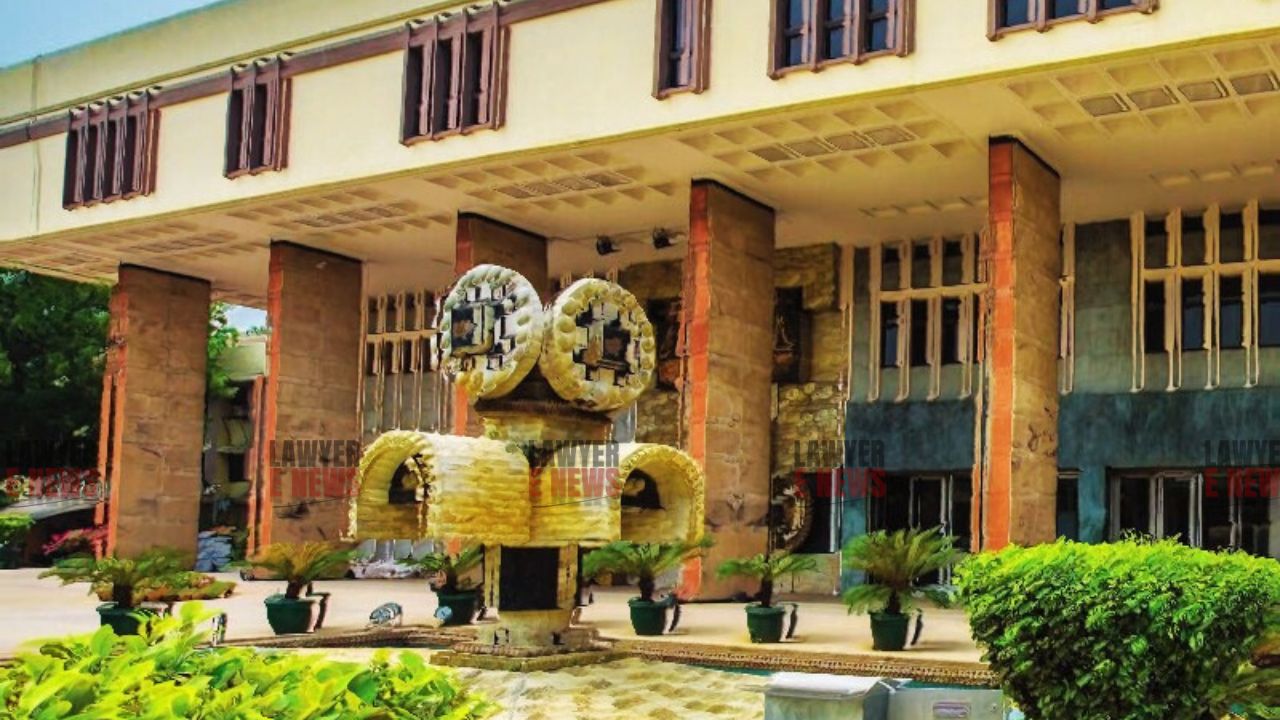-
by Admin
15 February 2026 5:35 AM



Delhi High Court in W.P.(CRL) 710/2024 transferred the investigation into the death of Kartik Gandhi to the Delhi Crime Branch. The petitioner, Kartik's mother, Geeta Gandhi, had sought a CBI investigation, alleging that her son was murdered as part of a conspiracy over property disputes. Justice Dinesh Kumar Sharma rejected the CBI probe but ordered a fresh, thorough investigation by the Crime Branch, emphasizing the need for justice and transparency.
The petitioner alleged that her son, Kartik Gandhi, was murdered by a group of individuals involved in a long-standing property dispute with her. Kartik had traveled to Leh with one of the suspects, Aditya Singh, in December 2023, and was critically injured in a car accident there. Although he survived initially, Kartik succumbed to his injuries on January 15, 2024. The petitioner accused the suspects, including Aditya Singh, of orchestrating the accident to pressure her into selling her property. She further claimed that Kartik had been manipulated and framed in multiple legal cases as part of a conspiracy against her.
The primary issue was whether the case warranted a CBI investigation due to the alleged interstate conspiracy and the petitioner’s claim of bias against the local police. The Court acknowledged that a fair investigation is a constitutional right but ruled that the Delhi Police could conduct the investigation, as they had handled equally sensitive cases in the past.
Justice Sharma cited Supreme Court precedents, emphasizing that CBI investigations should only be ordered in exceptional circumstances. The Court found that transferring the case to the Crime Branch would address the petitioner’s concerns without overburdening the CBI.
The Court rejected the petitioner’s plea for a CBI probe, noting that the case did not involve national or international ramifications. However, the Court transferred the investigation from Nubra Police in Leh to the Crime Branch in Delhi, directing them to conduct a de novo inquiry, including allegations of conspiracy and manipulation of evidence. The Crime Branch was instructed to add any necessary legal provisions based on their findings.
The Delhi High Court’s ruling balances the petitioner’s demand for a thorough investigation with the judicial principle of sparingly using CBI’s resources. By transferring the case to the Crime Branch, the Court ensured that the allegations would be rigorously examined while maintaining the integrity of local law enforcement.
Date of Decision: September 26, 2024
Geeta Gandhi v. Central Bureau of Investigation & Anr. (
